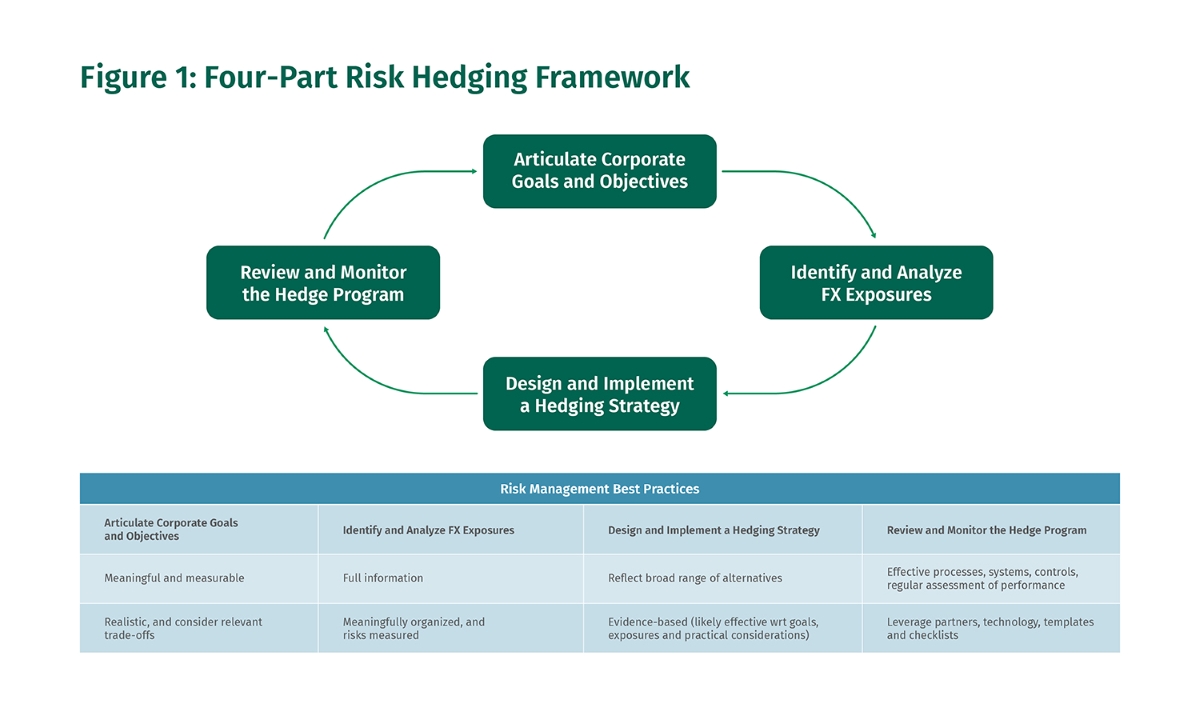

Finance
Hydraulic Fracturing Definition
Published: December 6, 2023
Learn the definition of hydraulic fracturing in the world of finance and discover how it impacts the industry. Stay informed with our comprehensive guide.
(Many of the links in this article redirect to a specific reviewed product. Your purchase of these products through affiliate links helps to generate commission for LiveWell, at no extra cost. Learn more)
Unlocking the Secrets: Understanding Hydraulic Fracturing
When it comes to the world of finance, there are countless terms and concepts to explore. Today, we’ll dive into one specific area of finance that has been making waves in recent years: hydraulic fracturing. But what exactly is hydraulic fracturing, and how does it impact the financial landscape?
Key Takeaways:
- Hydraulic fracturing, also known as fracking, is a method used to extract natural gas and oil from deep underground.
- Fracking has revolutionized the energy industry, contributing to an increase in domestic energy production and affecting financial markets.
Hydraulic fracturing, commonly referred to as fracking, is a process used to extract natural gas and oil from deep underground. The technique, initially used in the mid-20th century, has gained significant attention and controversy in recent years due to its impact on the environment and the energy industry. But what exactly happens during hydraulic fracturing?
Fracking involves drilling deep into the earth, usually several thousand feet, and then injecting a high-pressure fluid mixture into the wellbore. This fluid typically contains water, sand, and chemical additives. The high pressure creates fractures in the rock formations, allowing the natural gas or oil to flow more freely into the wellbore and eventually to the surface for collection.
Now, you might be wondering how hydraulic fracturing relates to the world of finance. Well, the impact of fracking on the financial landscape is twofold. Let’s take a closer look:
1. Increased Domestic Energy Production:
Fracking has revolutionized the energy industry by unlocking previously inaccessible reserves of natural gas and oil. This increase in domestic energy production has several financial implications:
- Reduced Dependence on Foreign Oil: With a greater supply of domestic energy sources, the United States has become less reliant on importing oil from other countries. This shift has not only improved national security but also reduced the trade deficit, positively impacting the country’s overall financial position.
- Job Creation and Economic Growth: The expansion of hydraulic fracturing operations has created employment opportunities in communities located near fracking sites. This, in turn, stimulates local economies and translates into increased consumer spending and tax revenues.
2. Financial Market Influence:
Given the significant role hydraulic fracturing plays in the energy sector, it has a direct impact on financial markets. Some key points to consider are:
- Stock Market Performance: Companies involved in hydraulic fracturing, as well as those in related industries such as oil and gas exploration, can experience fluctuations in stock prices based on market demand for energy products. Investors and traders closely monitor these trends to make informed financial decisions.
- Commodity Price Volatility: The expansion of fracking has contributed to an increase in global energy production, which can lead to fluctuations in commodity prices. For example, an increase in natural gas production due to fracking may result in lower prices for this commodity.
Hydraulic fracturing is a complex process with both environmental and financial implications. While it has undoubtedly transformed the energy landscape, it remains a topic of debate and scrutiny. As we navigate the world of finance, understanding the role of fracking is essential for staying informed and making informed investment decisions.
So, the next time you hear the term hydraulic fracturing, you’ll have a better grasp of what it entails and how it affects the financial world. Stay curious, keep asking questions, and explore the impact of hydraulic fracturing on the ever-changing landscape of finance!














